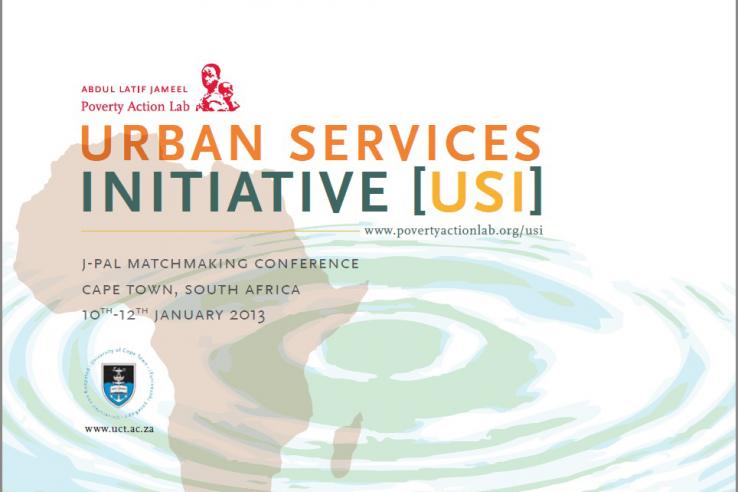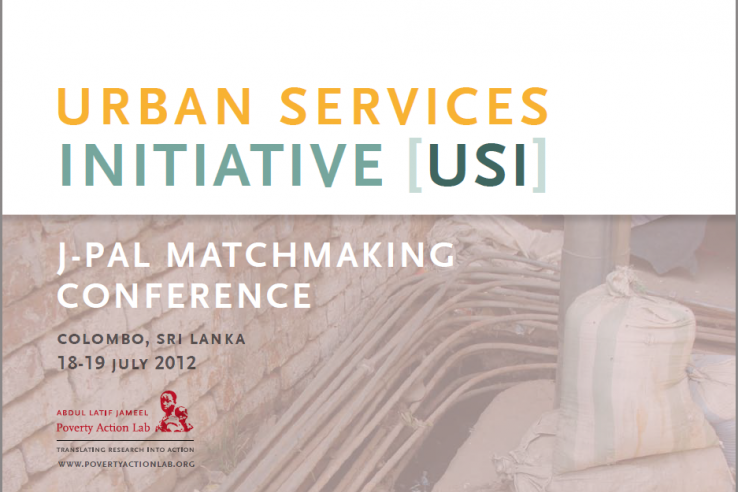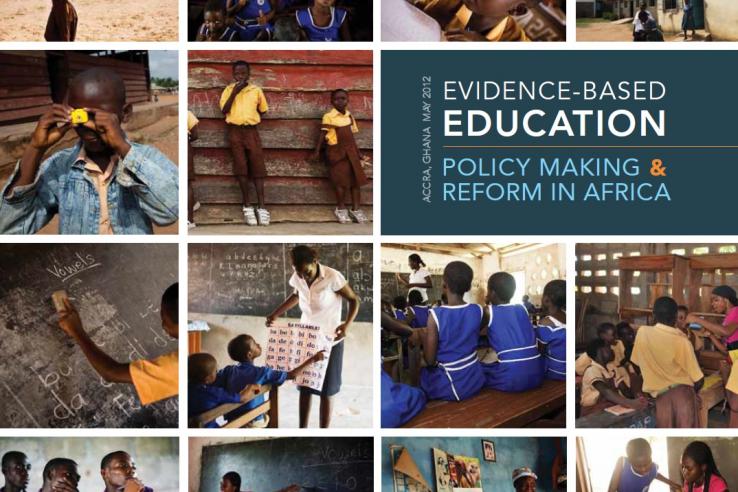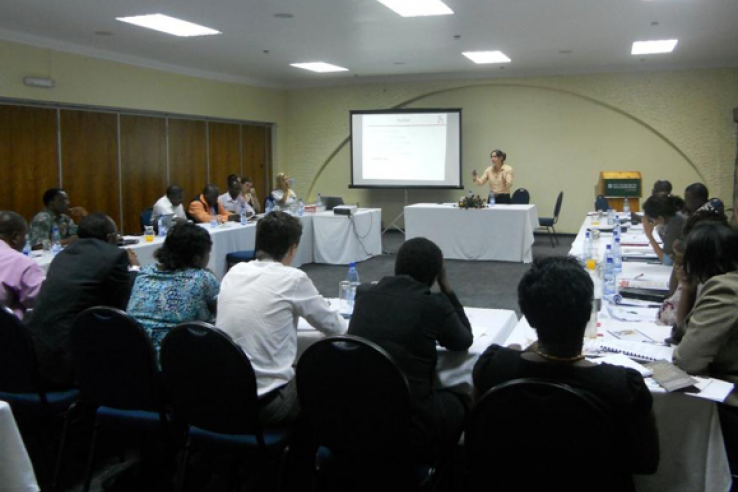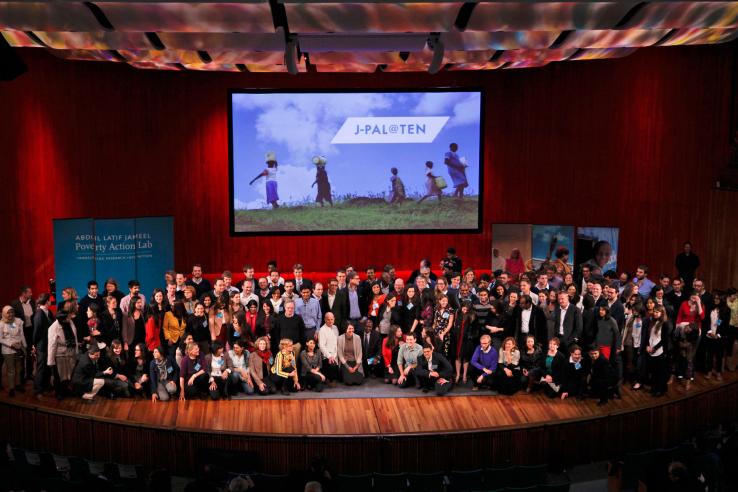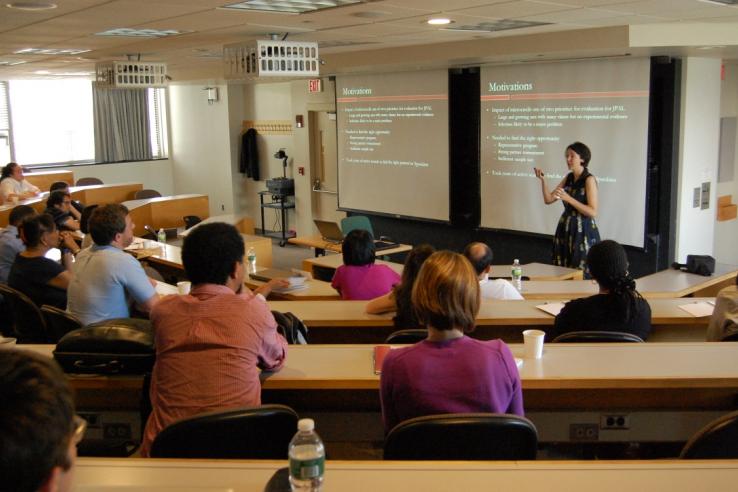Displaying 1591 - 1605 of 8492
Person
Event
Blog
As 2019 comes to a close, we reflect back on key accomplishments, lessons learned, and the partnerships that have made it possible to advance J-PAL North America’s mission of reducing poverty in the region. From compelling new evidence and reviews of over 160 rigorous evaluations, to the Evaluation...
Blog
In recent years, the United States Internal Revenue Service (IRS) redesigned the reminder notification letters that now reach more than 360,000 individuals eligible for the earned income tax credit (EITC), giving them millions of dollars in earned benefits. This change was in response to a...
Research resource
This resource is a brief introduction to conducting field research that distills many years of implementation experience. It is geared towards new PIs (Principal Investigators), such as graduate students or post docs, but may be useful for more seasoned researchers and research staff as well. While...
Research resource
The first step in embarking on a research project is often writing the grant proposal to fund it. Outside of securing funding for your project, the main purpose of the grant is to lay out your research question and methodology, explain its value to the research and/or policy community, and...
Research resource
This resource is intended as a practical guide for researchers to use when considering the ethics of a given research project. It draws heavily from J-PAL’s own ethics training for research staff and Rachel Glennerster and Shawn Powers’s chapter in the Oxford Handbook of Professional Economic Ethics...
